“Harry Potter and the Cursed Child”: basically a bad fanfiction
Students read the script of J.K. Rowling’s new play, “Harry Potter and the Cursed Child.”
September 8, 2016
J.K. Rowling’s “Harry Potter and the Deathly Hallows” was the most heart-wrenching, satisfying conclusion fans could have imaged for the extremely beloved “Harry Potter” series. Rowling’s epic plot line and carefully thought out ending left a generation of fans truly feeling that “all was well” in the magical universe that had comforted and enchanted them throughout their childhoods.
The only way Rowling could ruin this picturesque ending? By allowing the script of “Harry Potter and the Cursed Child” to be published.
Most Harry Potter fans will agree that while we love reading the plot pieces and character stories that didn’t make the books on “Pottermore” and other online sources, they haven’t been enough to satisfy our cravings for new “Harry Potter” material.
But the strange plot, questionable characterizations, and choppy feel of “Cursed Child” did nothing but leave disappointment in the “Harry Potter” community.
The problems with “Cursed Child” start with one, very major error on Rowling’s part. She wasn’t the sole playwright, and by allowing Jack Thorne and John Tiffany to write the majority of the script, the dialogue and overall effect of the story did not feel cohesive to the rest of the series.
As a result of this, parts of the script seemed to be added only to conveniently advance the plot, rather than create a well thought out story.
For instance, where did Voldemort having a child with Bellatrix Lestrange come from? Their daughter, Delphi, felt like she was created only because the story needed another Voldemort-like antagonist, and was a frustrating addition to the series as a result.
Her existence also seems illogical. Sure, Bellatrix did seem to have an unhealthy obsession with Voldemort, but he continuously brushed Bellatrix aside during the series, and never showed much interest in her. So why would it suddenly be revealed that they have a child together?
There are many other unanswered questions about this relationship that need to be addressed in order to make Delphi feel like more than just an afterthought. Then again, much of the script feels like a rushed afterthought as it is, especially the dialogue and character development.
Ron’s dialogue feels like it should be coming from Fred and George, not the pouty, melodramatic version of Ron we see in the first seven novels. Most of his lines are too carefree and goofy for his character. Sure, he’s older now and has always served as sort of comic relief for the golden trio, but he just isn’t serious enough in “Cursed Child.” Maybe angsty teenage Ron has grown up, but this shift was too sudden for his character.
Then there was Harry. Again, he is an adult now, but many of his lines sound too much like things Hermione would say. Instead of the relatable boy in search of a normal life, Harry feels like any other stuffy ministry worker. But unsurprisingly, Harry is still as temperamental and impetuous as ever.
The strained relationship between the story’s protagonist, Albus Severus Potter, and his family and peers is overdone and annoying. No one understands him, and it seems like no one wants to due to stereotypes and misconceptions that are all too familiar in the wizarding world.
It’s understandable that some wizards still hold grudges and biases, since it wouldn’t be realistic if the wizarding world was “magically” free of prejudice the minute Voldemort was destroyed and the Death Eaters lost their hold over society. But the social exclusion and ridicule Albus faces for superficial aspects of his life is completely “riddikulus” and unbelievable.
Maybe the plot is less frustrating and Albus’s struggles play out better on the stage, but most Harry Potter fans cannot determine that until they either see the show in London (which fittingly opened on July 31st), or wait until a DVD of the play is eventually released.
But until then, most can agree that the script of “Harry Potter and the Cursed Child” felt like a bad fanfiction at best.





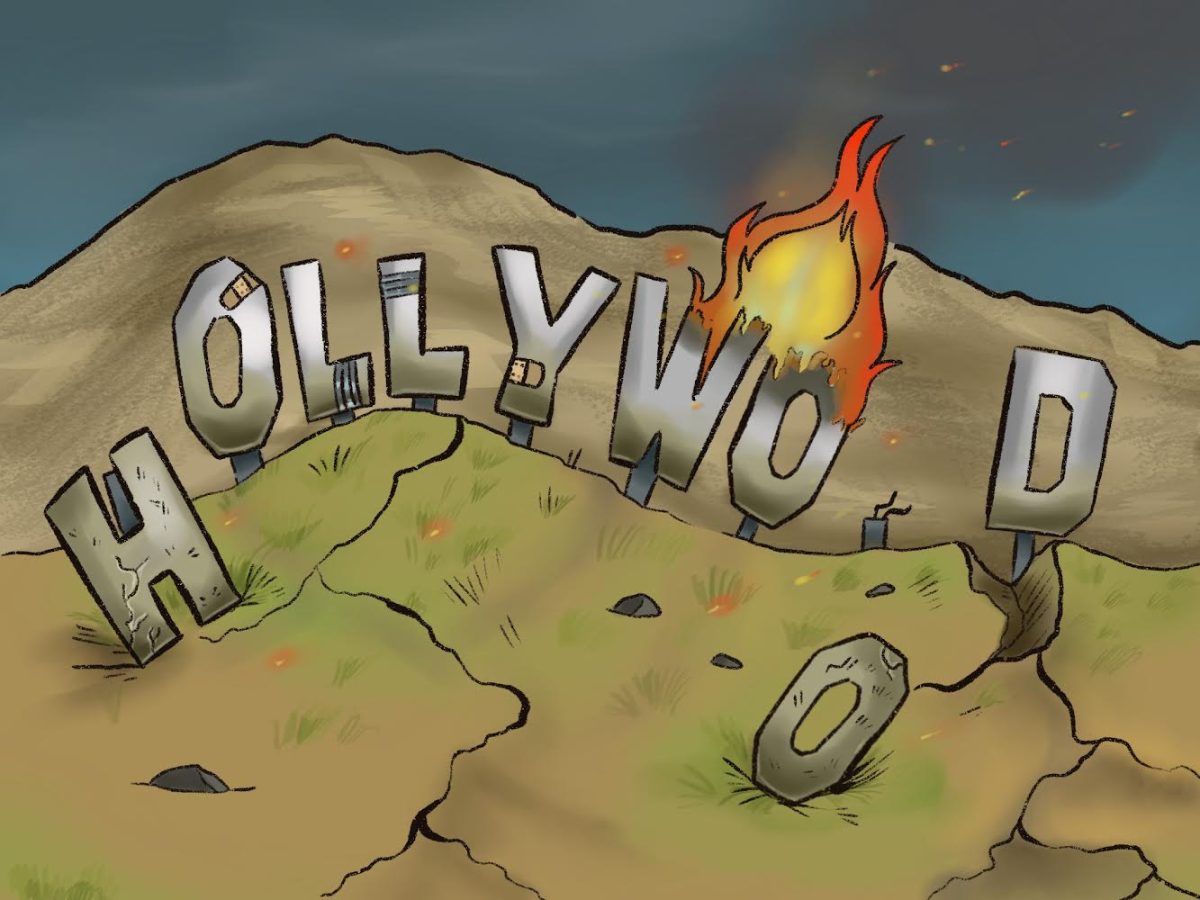
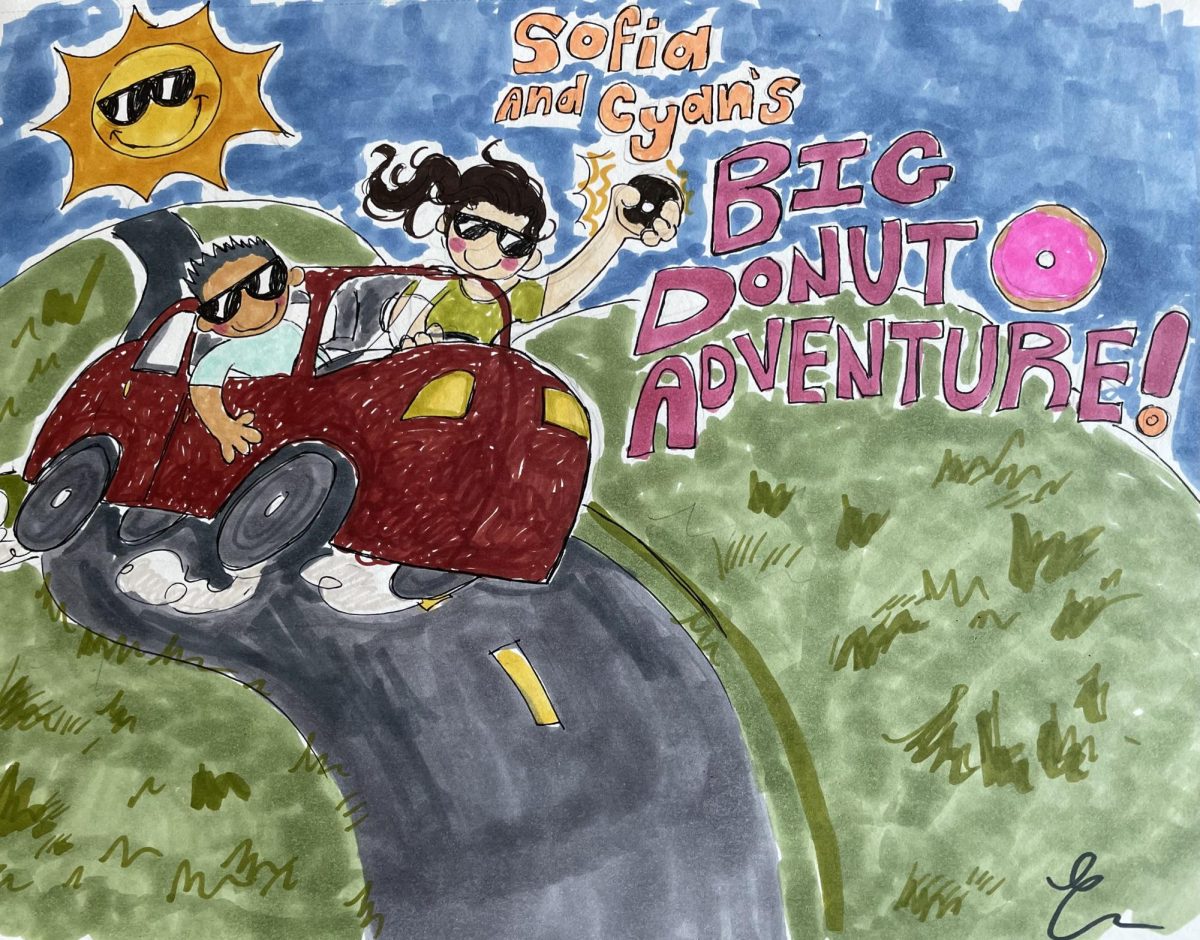





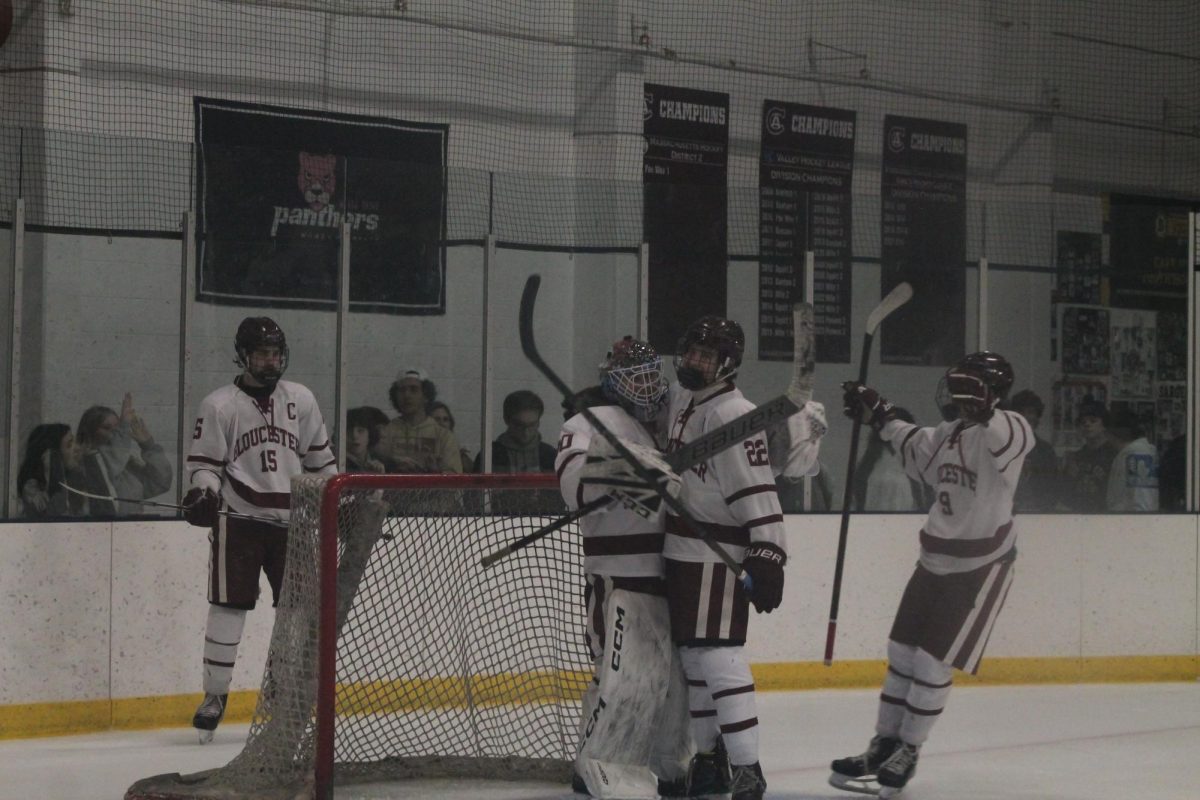






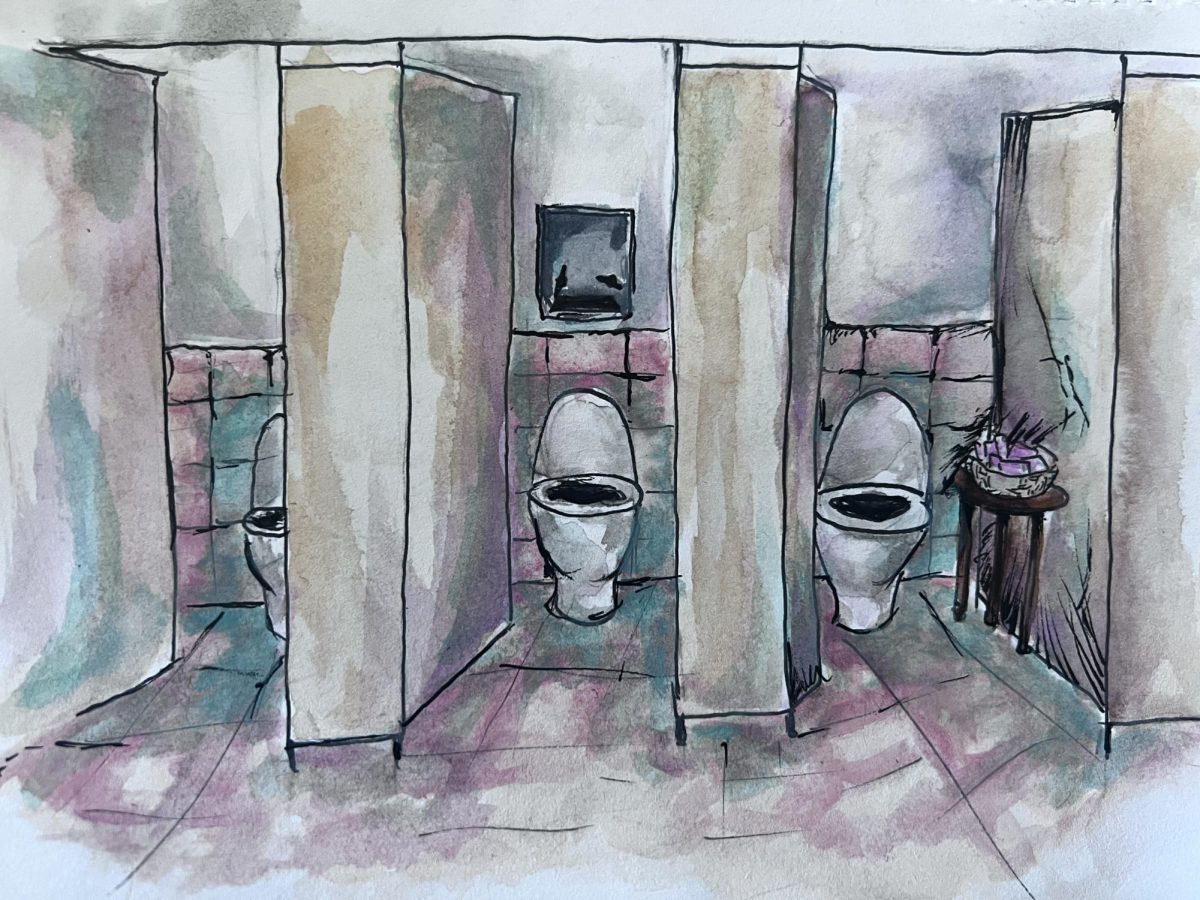


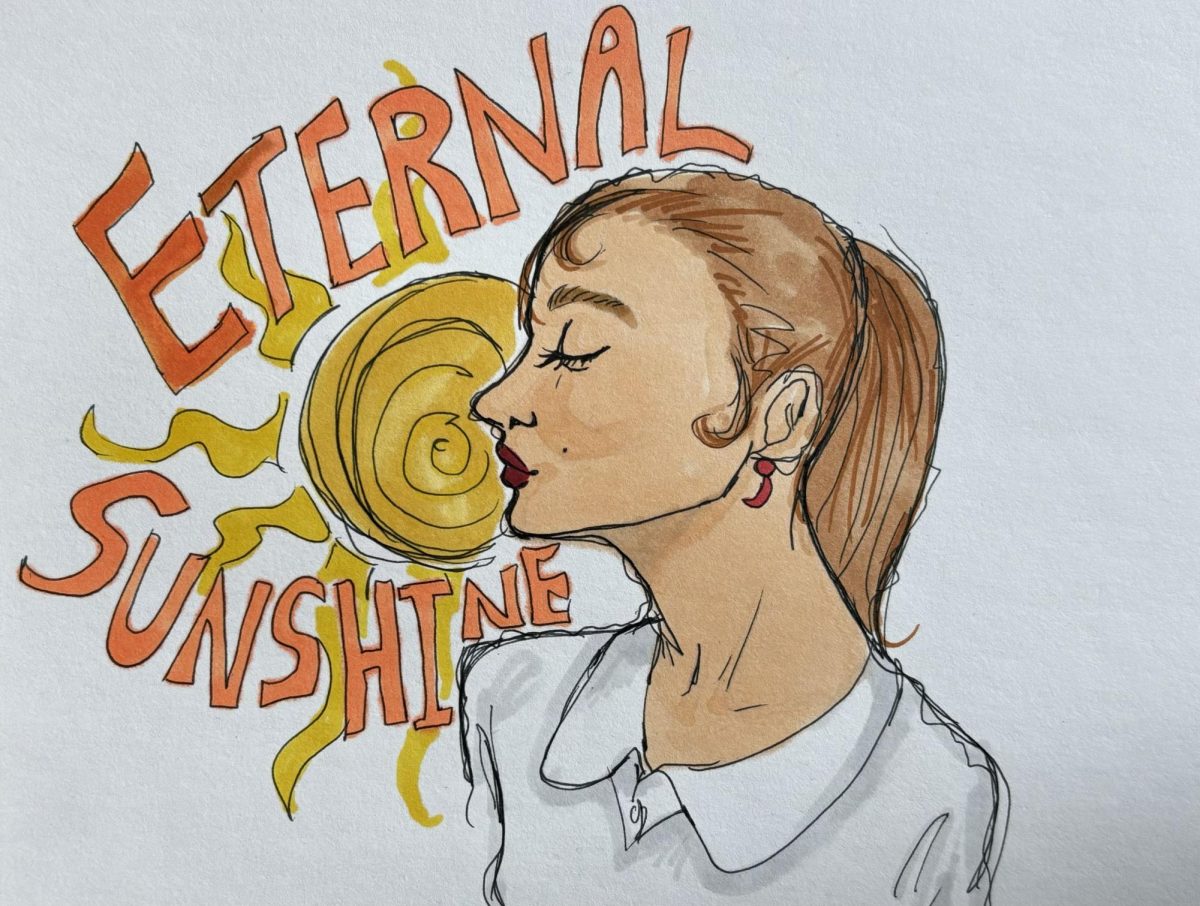







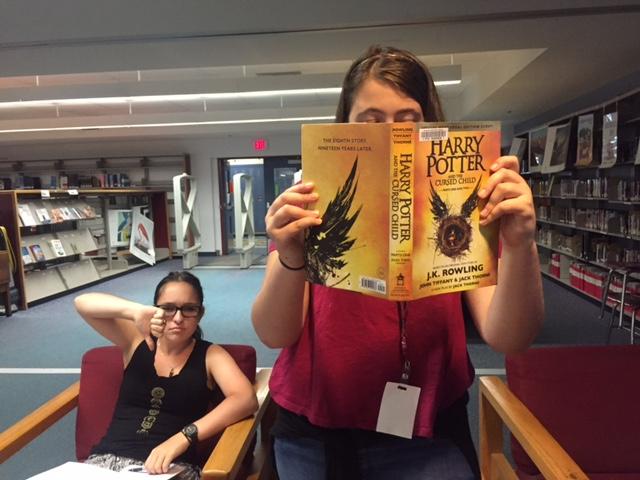






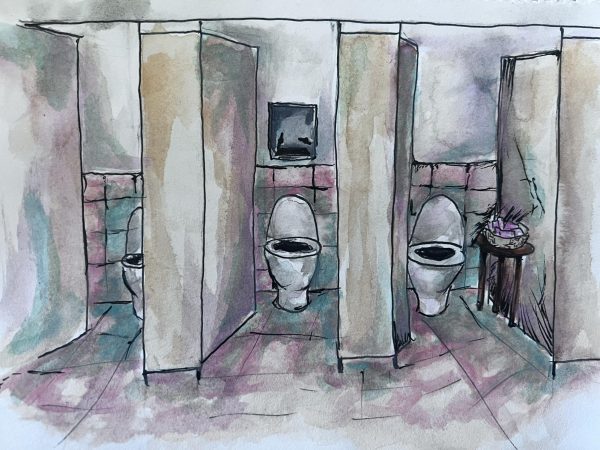

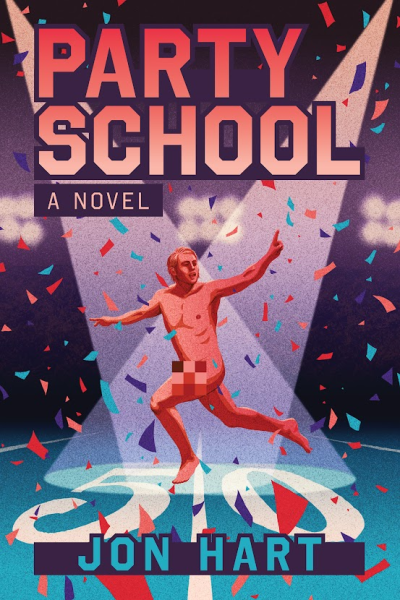


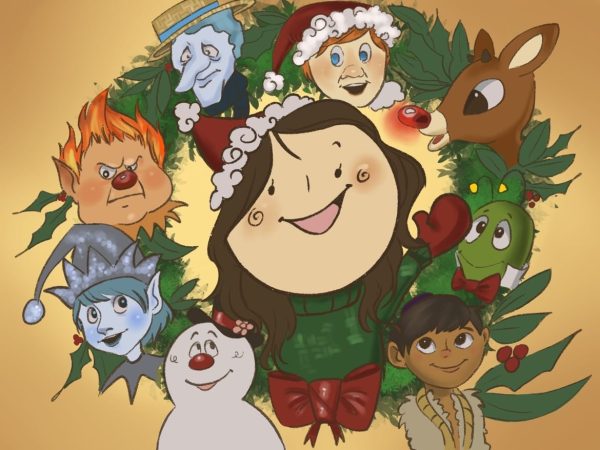
Andrea • Dec 22, 2016 at 12:43 am
If Albus Severus was to look like Harry then he should have his talent and skill as an excellent seeker or chaser at quidditch. Making Dumbledore gay was stupid!